
The acting Director-General of the Cyber Security Authority (CSA), Divine Selase Agbeti, has outlined a bold plan to strengthen the country’s digital defences, warning that cyber threats are escalating as technology advances and talent shortages persist.
Speaking in an exclusive interview, Mr. Agbeti said his immediate priorities include establishing a dedicated cyber court and embedding cybersecurity education from basic to tertiary levels, creating a culture of resilience across generations.
“If we start telling children from the ground up that they need to change passwords, use multi-factor authentication, and practise safe online behaviour, in 10 to 20 years it will become part of the culture,” he stressed.
Awareness—and overconfidence
At the citizen level, Mr. Agbeti pointed to low awareness and overconfidence as Ghana’s biggest vulnerabilities.
“Even those who are aware sometimes fall for simple tricks,” he said, citing online grooming of children as an increasing concern. The CSA is investing heavily in nationwide awareness campaigns, but cost remains a challenge. “It’s not only adults at risk. Children are exposed too, and protecting them requires continuous outreach—from billboards to school programmes.”
The talent drain
On the institutional side, retaining skilled cybersecurity professionals remains the most pressing challenge.
Many young experts, he noted, gain four or five years of experience in the public sector only to be lured away by private firms offering salaries four to ten times higher, or by international employers in the UK, USA, and Canada.
This talent exodus, particularly of Chief Information Security Officers (CISOs), is undermining Ghana’s capacity to secure critical infrastructure.
“It is sad,” Mr. Agbeti said. “We build people, but just as they are ready to serve their country, they leave. It comes down to salaries, conditions, and sometimes workplace politics.”
Weak compliance and box-ticking
He warned that in some institutions, cybersecurity roles have become ceremonial, with CISOs side-lined in decision-making despite being mandated by regulators.
“There are cases where CISOs are appointed only to satisfy Bank of Ghana directives, but all authority remains with IT directors. This is dangerous, especially when our scans of the dark web show serious vulnerabilities in these same institutions,” he revealed.
Enforcement to intensify in 2026
Mr. Agbeti pledged that from January 2026, the CSA will step up enforcement under the existing Cybersecurity Act. New legislative reforms are also being pursued to expand the Authority’s investigatory and prosecutorial powers, supported by the planned establishment of a cybersecurity court.
“Institutions must understand that non-compliance will not only bring financial penalties but also reputational damage,” he said.
Outsourcing and the SOC debate
On the rise of Security Operations Centres (SOCs), Mr. Agbeti acknowledged their cost challenges but endorsed the growth of managed SOC services, particularly for SMEs and fintechs.
The CSA currently licenses and inspects private SOC providers and expects more to emerge as demand grows. While critical infrastructure operators are encouraged to build their own SOCs, smaller firms may rely on external providers with CSA approval. “The market will regulate pricing. Our role is to accredit and ensure data is hosted securely within Ghana,” he said.
Closing the skills gap
To address the skills shortage, the CSA is partnering with universities including the University of Ghana, UPSA, Academic City and UCC, as well as international bodies such as ISACA and ISC², to expand training and certification opportunities. Under the government’s “One Million Coders” initiative, at least 10,000 cybersecurity specialists are to be trained. “We must build a pipeline of skilled professionals for both public and private sectors,” he said.
Regional and global leadership
Ghana’s leadership role as current chair of the Alliance of National Cybersecurity Authorities (ANCA) places further responsibility on the country to support peers across Africa in strengthening regulation, incident response, and information sharing. Ghana is also preparing to sign onto the UN Cybersecurity Convention, which Mr. Agbeti described as a “groundbreaking step” for international cooperation.
“Cybersecurity transcends borders. No country can fight it alone. Conventions like this allow us to pursue criminals across jurisdictions and protect our citizens better,” he noted.
Realism in international partnerships
On concerns about collaboration with global powers such as China, Mr. Agbeti was clear that Ghana’s stance is pragmatic. “President Mahama is a realist. He is not aligned to the West or East but makes decisions in Ghana’s interest. It is our job at the CSA to ensure no one exploits these partnerships through backdoors”.
Businesses must prepare
Issuing a direct warning to companies, he said the recent Jaguar Land Rover cyberattack in the UK, which disrupted operations for weeks despite robust security investment, proves that no business is immune. “Every business, big or small, must take cybersecurity seriously. Preparedness is not optional—it is survival,” he concluded.
The post Cybersecurity chief calls for resilience, skills and stronger enforcement appeared first on The Business & Financial Times.
Read Full Story


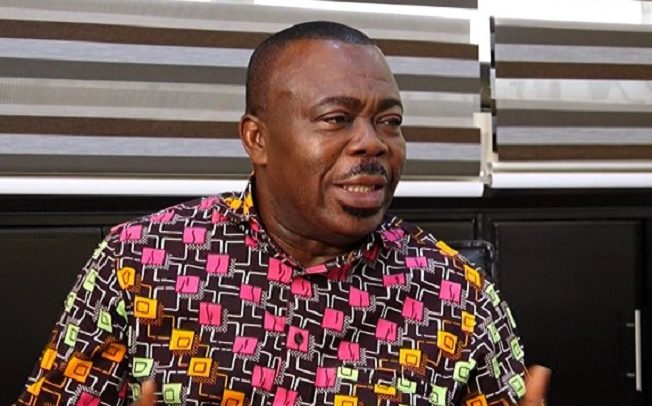
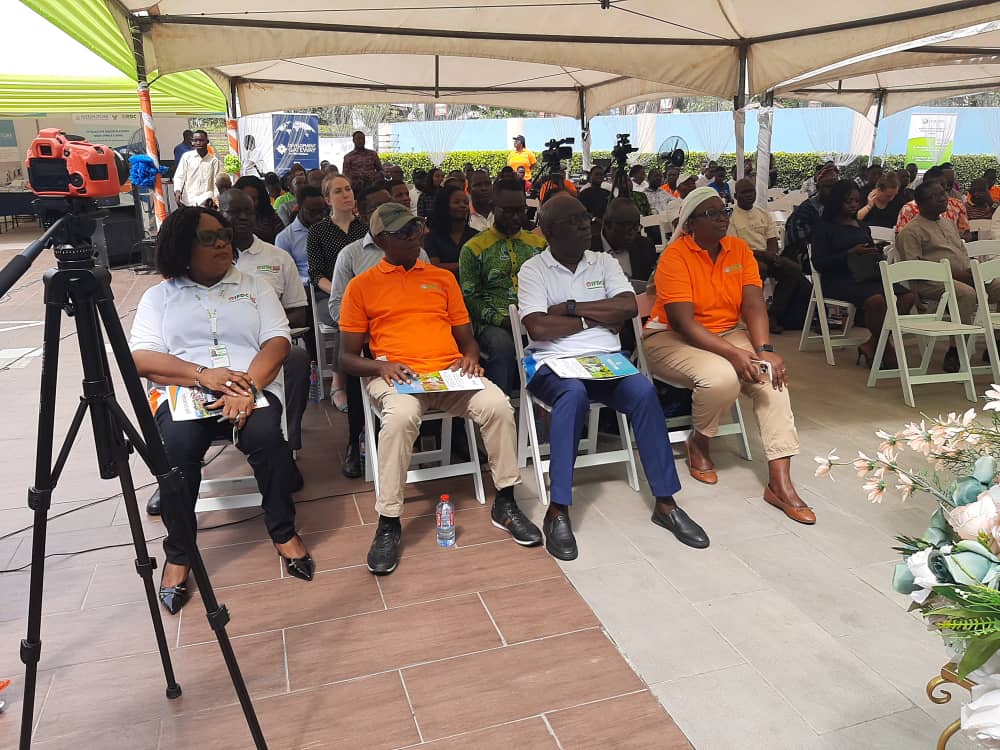
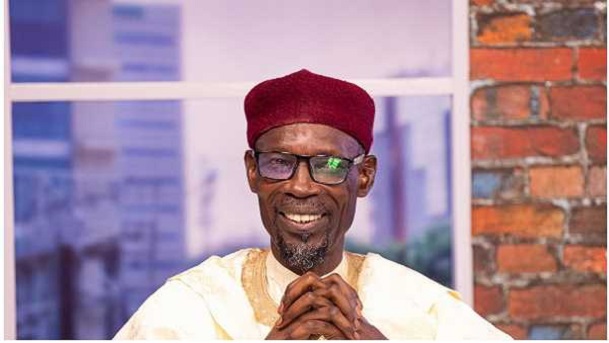



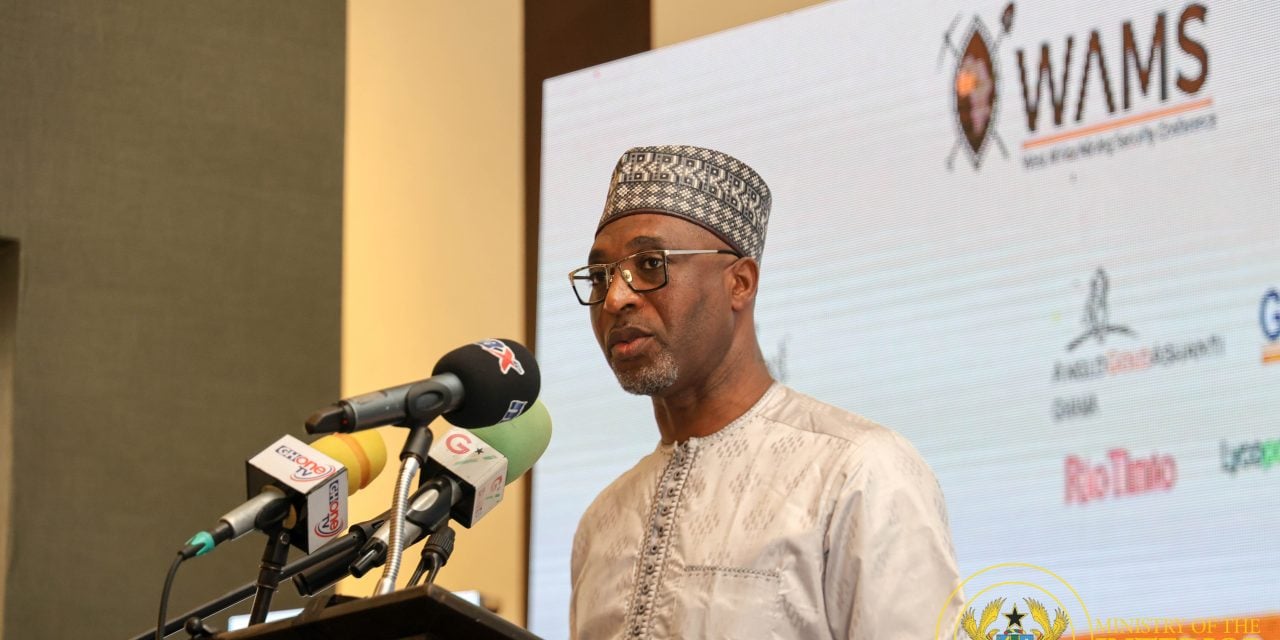
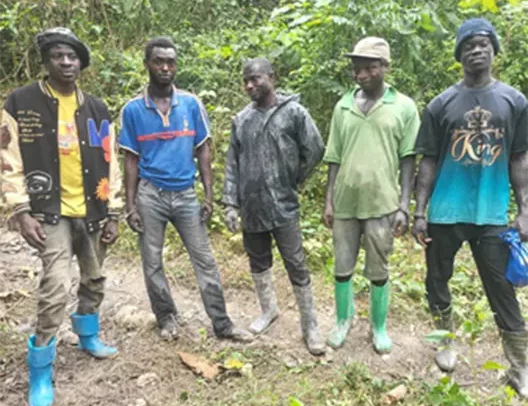




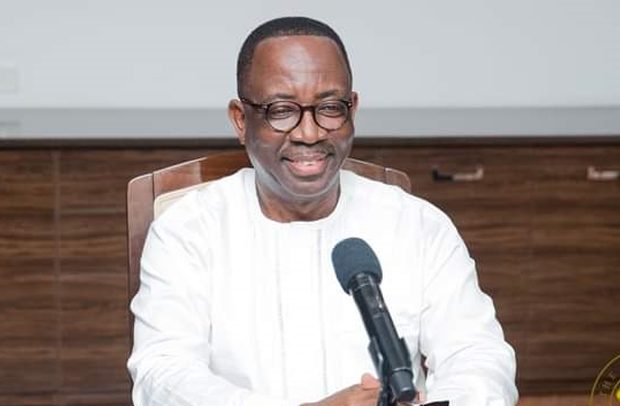

Facebook
Twitter
Pinterest
Instagram
Google+
YouTube
LinkedIn
RSS